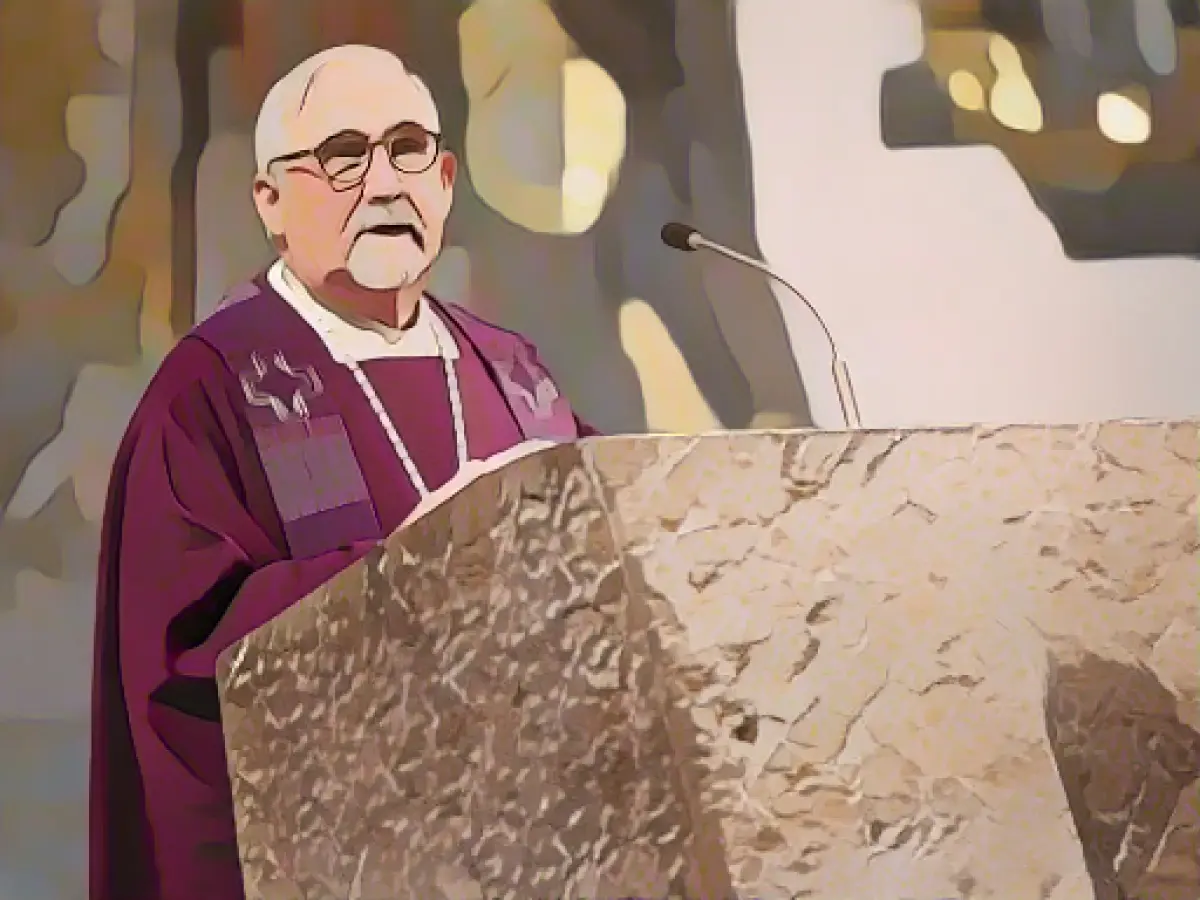Gebhard Fürst's Latest Week as Bishop Commences
It's time for Gebhard Fürst to bid adieu as bishop of the Rottenburg-Stuttgart diocese, marking the beginning of his last working week in the position. On Monday, the diocese's spokesperson confirmed media reports, confirming that Pope Francis has accepted Fürst's resignation. Nuncio Nikola Eterović is slated to officially inform the bishop of this on December 2nd.
Fürst turns 75 on December 2nd, which coincides with his legal obligation to offer his resignation under canonical law, as diocesan bishops must do when they reach the age of 75. As the bishop of the fourth-largest German diocese, he is the leader of 1.7 million Catholics, having served in Rottenburg since 2000.
In light of this upcoming change, the diocesan council of Rottenburg-Stuttgart intends to have a say in the election of the new bishop. According to Johannes Warmbrunn, the spokesperson for the council, there will be a meeting on January 13 between the 103 voting members of the diocesan council and the eleven members of the cathedral chapter. The aim is to discuss and agree upon the ideal profile of the new bishop. According to Warmbrunn, the new bishop should be a "strong personality," open to consultation since the church is a community.
The process for electing a new bishop includes several steps, involving the cathedral chapter and the diocesan council, as well as the Vatican's approval.
Following Bishop Fürst's farewell ceremony on Sunday, the upcoming election for a new bishop will involve open consultations with the diocesan council and the religious community, with a shared goal of finding a strong and open-minded leader.
Source:
Enrichment Data:
- The election process for a new bishop in the Rottenburg-Stuttgart diocese is structured around the involvement of the Diocesan Council, Cathedral Chapter, and the Vatican.
- The diocesan council elects laypeople to collaborate with the Cathedral Chapter in identifying potential candidates based on a shared understanding of the ideal bishop's personality profile.
- The cathedral chapter then compiles a list of candidates and submits it to the Vatican for further selection through the apostolic nuncio in Germany.
- Once three candidates are selected, the diocese votes on the chosen individual. The state government must then express no objections to the chosen candidate before the Pope officially appoints them as bishop.
- The Prussian Concordat governs the diocese, necessitating that the Cathedral Chapter compile a list of candidates and submit it to the Vatican for selection by the Cathedral Chapter's voting members.
These steps ensure a collaborative, public, and equitable approach to electing the next bishop while adhering to canonical provisions and concordats.—








